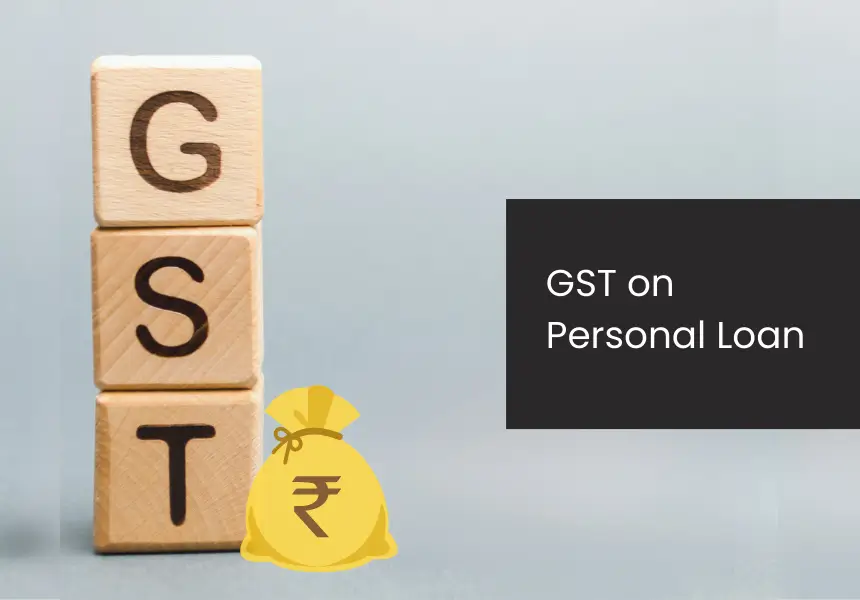
There are many misconceptions regarding credit, but developing a credit history for a home or auto purchase is vital even if you don’t have cash on hand. Credit reports and scores are used by businesses to evaluate your creditworthiness and set your borrowing terms for everything from buying a new cell phone to securing a mortgage.
Credit scores are calculated by lenders based on how you’ve handled debt in the past, and they’re used to determine the level of risk you offer as a borrower. If you’ve made on-time payments and managed debt responsibly for a long time, you’re likely to have a good credit score and a better chance of being approved for credit with favourable terms.
If you don’t have much credit history or have unfavourable information on your credit report, such as late payments, you may have trouble getting accepted for a new account. If you do get accepted, the terms will almost certainly be less favourable.
It takes time to build a decent credit score, but the benefits are vast. Even if there is no need for you to apply for credit in the coming months, you must start working on it as soon as possible so your credit score is good when you need it.
The Basics: How Credit Works?
Your credit reports and score reflect how you’ve dealt with debt in the past. Your credit reports include data from your creditors that is used to build your credit score. The three-digit score, which usually ranges from 300 to 900, assesses your risk as a borrower. Lower ratings indicate a higher level of risk and vice versa.
When you seek a potential lender to offer you a loan, your credit becomes significant. This can happen for modest transactions—for example, if you finance a new cell phone, your credit reports may be checked—but it is also necessary for significant purchases, such as taking out a mortgage for a home purchase.
You obtain good credit by demonstrating that you can effectively handle your debt responsibility. There are also benefits to properly managing your debts. With a good credit score, you’re more likely to get authorised for extra credit and to receive favourable conditions from the lender.
7 Tips To Build A Good Credit Score
1. Fill Out An Application For A Credit Card.
Most banks and credit card firms are wary of lending money to persons who have no credit history. This is because they can only determine if you will return the personal loan on time based on your credit history. As a result, you must use credit to establish credit.The most crucial question now is how can you create credit without lenders ready to provide you credit?
Fortunately, there are a few options for dealing with this problem.
A credit card is one of the most prevalent financial items that can help you start your credit journey. The simplest and most common strategy to improve your credit score on your own is to apply for a credit card. Secured and unsecured credit cards are the two types of credit cards available.
Unsecured Credit Card
Although an unsecured credit card is the greatest way to improve your credit score, beginners with no credit history are frequently unable to obtain one. Unsecured credit cards do not require collateral or security, unlike secured credit cards. To qualify for an unsecured credit, the applicant must have a significant and positive credit history, as well as sufficient income to demonstrate credit worthiness. If you have a steady income, you could apply for an unsecured credit card. If you receive it, use it to start building your credit score; otherwise, move on to the next type of credit card you can get without difficulty.
Secured Credit Card
If lenders aren’t interested in your unsecured credit card application, you can apply for a secured credit card. Those who are not earning and also are new to credit must straightaway apply for a secured credit card as they are not eligible for an unsecured credit card. Secured credit cards are easy to obtain for those who are new to credit because they are issued against a security deposit or collateral. The security at most banks is usually in the form of a fixed deposit.
2. Become a Licensed User
Using an unsecured credit card is a great technique to improve your credit score. People with no credit history are unable to obtain an unsecured credit card, as stated previously. They can, however, use it to improve their credit score by becoming an authorised user on someone else’s credit card. If your spouse or another family member uses a credit card, you can ask them to add you as an authorised user to the card. Since you’re new to credit, you should exercise extreme caution when using it, especially if you’re an authorised user, as a single misstep can have a significant influence on the credit score of the owner of the credit card that you are using.
3. Do Not Apply For Several Credit Cards at Once
Your credit score is affected every time you apply for a credit card. As a result, try to avoid applying for multiple credit cards at once, as this will make you appear credit-hungry to lenders. It’s also pointless to eat away at your credit score when you’re trying to improve it. Instead of applying for credit cards at various banks, use the one you already have to show that you can effectively manage credit. Maintain a low balance and pay your bills in whole and on schedule.
4. Use Your Credit Card Frequently
People do not receive credit scores from credit bureaus because they are new to credit or because their credit history is insignificant for bureaus to evaluate. Make sure you use your credit card on a regular basis if you want to improve your credit score. Since it takes time to construct a strong credit score, using a credit card on a regular basis and making timely payments will help you establish a positive credit history.
To keep your credit card active, it is recommended that you use it at least once a month at stores, restaurants, or other places. This advice is useful not just for individuals who already have a credit history, but also for those who are just starting out. As a result, it is recommended to use your credit card once a month.
5. Keep An Eye On The Balance-To-Limit Ratio.
Your credit card has a credit limit attached to it (maximum amount that credit card lenders allow borrowers to spend). Credit bureaus use the balance-to-limit ratio to determine your credit score when you first use a credit card. The credit usage ratio, also known as the balance-to-limit ratio, is the proportion of your credit limit to the amount you’ve spent on your credit card. It’s crucial to keep track of this ratio since it reveals how well you handle the credit you have. If you don’t want to come across as a credit-hungry person, keep your credit utilisation ratio between 30% and 40% of your total credit limit.
6. Ensure That Your EMIs Are Paid Completely And On Time.
Lenders send credit data to credit bureaus on a regular basis, which is used to create your credit report and compute your credit score. The weightage given to various credit metrics by credit agencies has not been publicized, but debt repayment history is thought to be the most influential. As a result, missing or delaying one or more loan or credit card payments can severely affect your credit score. Keeping your payments on time and in full will help you quickly earn a good credit score.
7. After A Year, Try Applying For An Unsecured Credit Card.
It normally takes at least six months of consistent credit card usage to accumulate enough data for credit agencies to issue a credit report. Build a strong credit history for a year to ensure lenders give you a secured credit card to use, since this should be enough time to demonstrate that you’re good with money. It is critical to switch from a secured to an unsecured credit card because the latter relieves you of any security or collateral obligations. An unsecured credit card also has a higher credit limit and more benefits.
The Importance Of Staying On Top Of Your Credit
Understanding the components that go into credit score calculations can help you monitor your behaviour and ensure that everything you do helps, not hurts, your credit score. Here are some of the most important aspects of your credit scores, as well as some areas to keep an eye on as you work to improve your credit.
The following items on your credit report may have an impact on your credit scores:
- Credit use and payment history
- What kinds of credit accounts do you have?
- How long have you been using credit cards?
- Your credit card balances
- The number of credit accounts you’ve applied for and when they were applied for
It takes time to establish a credit history. Depending on how carefully and frequently you use and manage credit, it could take six months or even a year. It takes considerably more time to acquire a strong credit score. If you want to get and maintain a great credit score, just keep working towards it. The key to achieving and maintaining a good credit score is perseverance.
Once you have a decent credit history it becomes very easy to obtain a personal loan from LoanTap. LoanTap offers personal loans in the range of Rs 50,000-Rs 10,00,000 for periods from 6 months – 60 months with annual interest rates starting from 18%. You can visit https://loantap.in/ for all details and we will be glad to help you out.
Related article – How to use Personal loans to get better credit scores?








